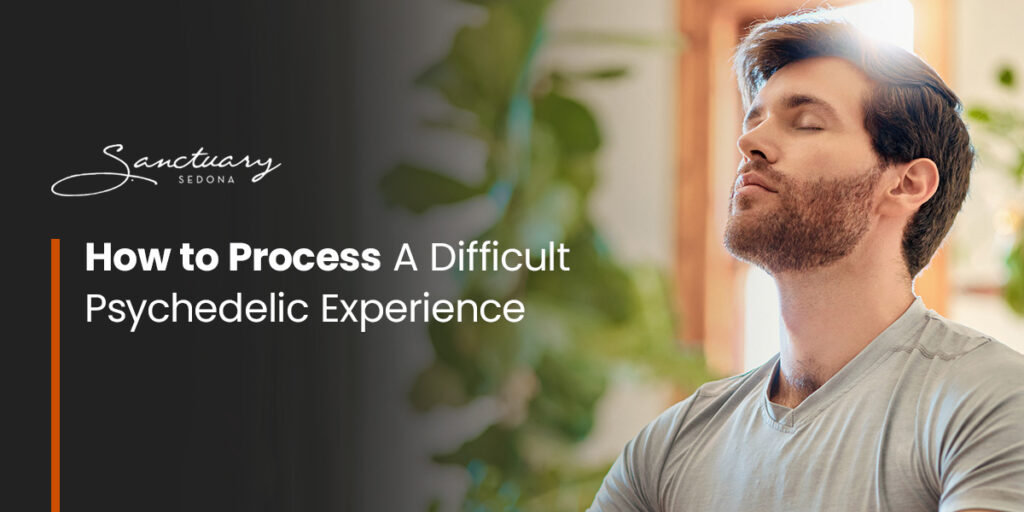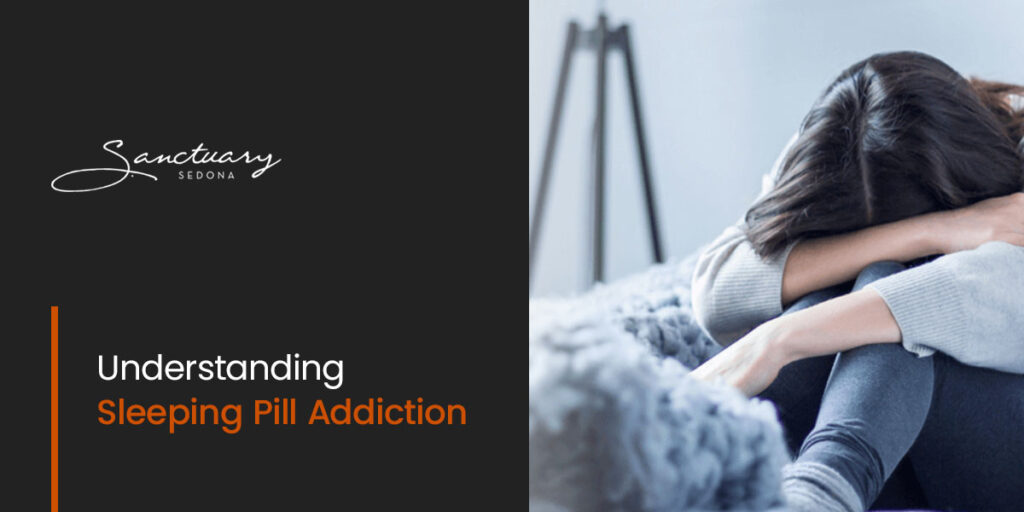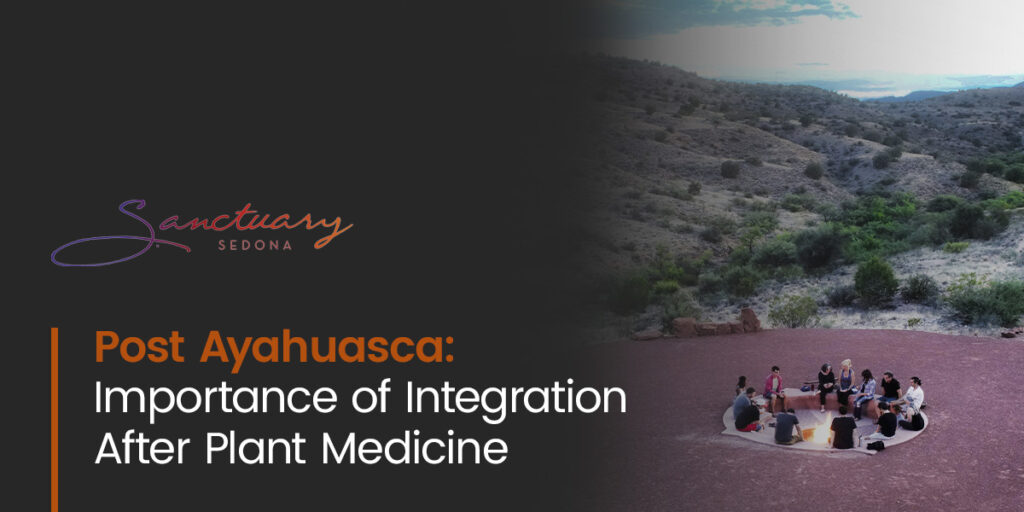Holistic Trauma Treatment Near You
Trauma is a response to something terrible that has happened in your life. The experience becomes so deeply rooted in your mind and memory that it feels nearly inescapable, impacting your self-image, reactions, and fears. Whether you need help with trauma stemming from emotional abuse or you survived a life or death situation, you need to know that freedom is possible and a better life awaits.
The Sanctuary at Sedona is a 30-Day minimum, residential, alternative, holistic trauma recovery treatment center committed to helping you lay down your burdens and discover long-lasting healing. Our holistic trauma healing approach sees you as a whole person with a story and background that are completely unique. We seek to design a personalized trauma recovery program centered around your needs.
You are not broken, and at The Sanctuary, we don’t treat you that way. Our holistic, non-12 Step trauma treatment program is a journey of empowerment that encourages healing from trauma naturally.
Understanding Trauma
As humans, our sense of safety develops according to the messages we get early in life. Trauma, whether it takes place in one dramatic event or repeatedly over time, can shatter that security. In fact, it can make the entire world seem like a dangerous and unfriendly place to live.
Trauma is your mind’s and body’s response to a deeply disturbing event. It overwhelms your ability to cope and can diminish your sense of self and your ability to feel a full range of emotions. If you’ve experienced trauma, there’s a chance that your symptoms can develop into post-traumatic stress disorder (PTSD). And if you’re living in this psychological state, you know how paralyzing it can be. You might:
-
- Relive the trauma in your body and mind
- Avoid anything that reminds you of it
- Feel constantly on guard
- Be unable to fall asleep or stay asleep
- Be afraid to leave the house
- Blame yourself for what happened
Survivors of trauma often feel guilty and ashamed. This doesn’t mean what happened to you is your fault. In fact, these are common symptoms of trauma.
Can You Fully Long-Term Trauma? | What Will Trauma Survivors Take Away From Treatment? | Can You Continue Trauma Treatment at Home? | How The Sanctuary at Sedona Can Help



